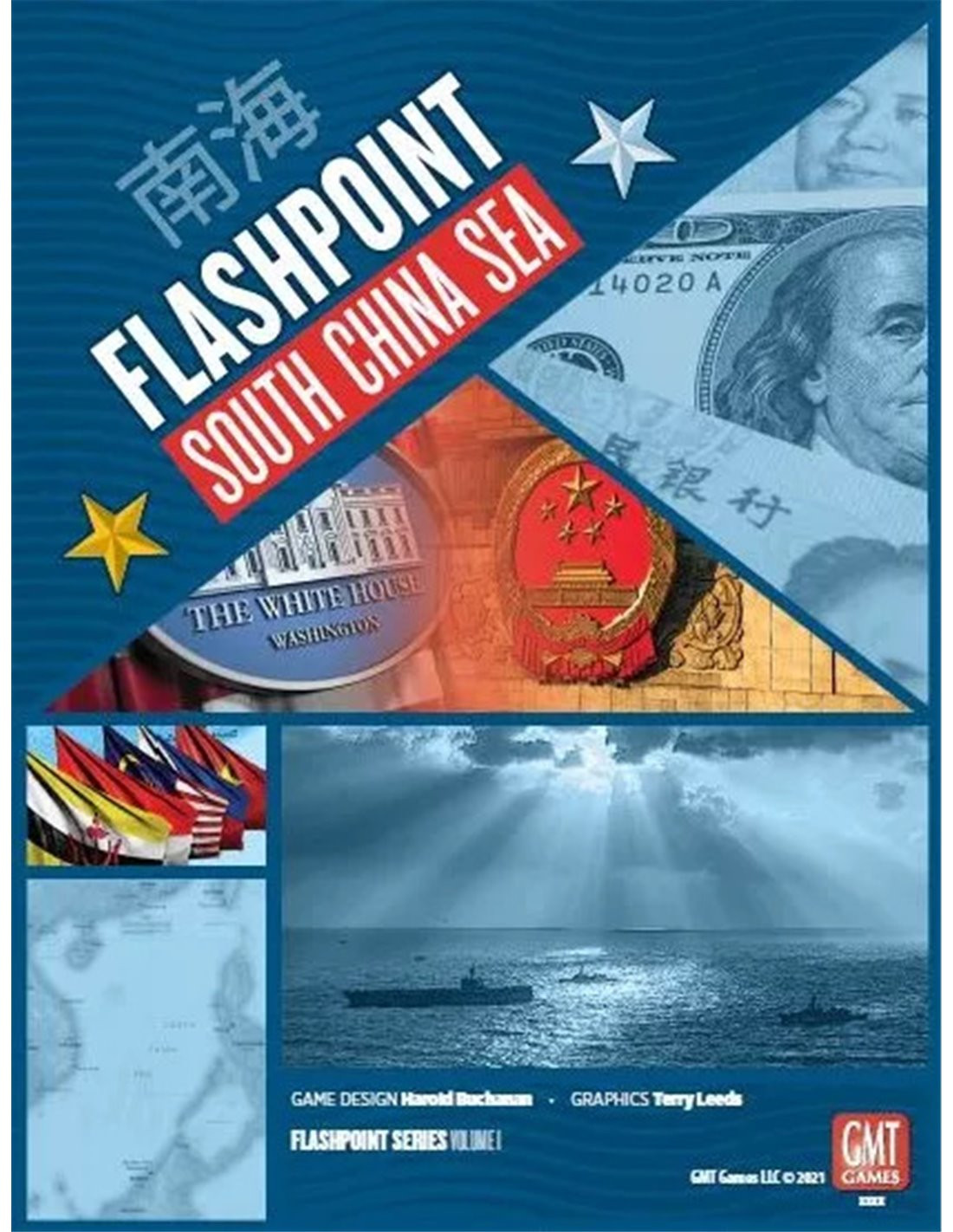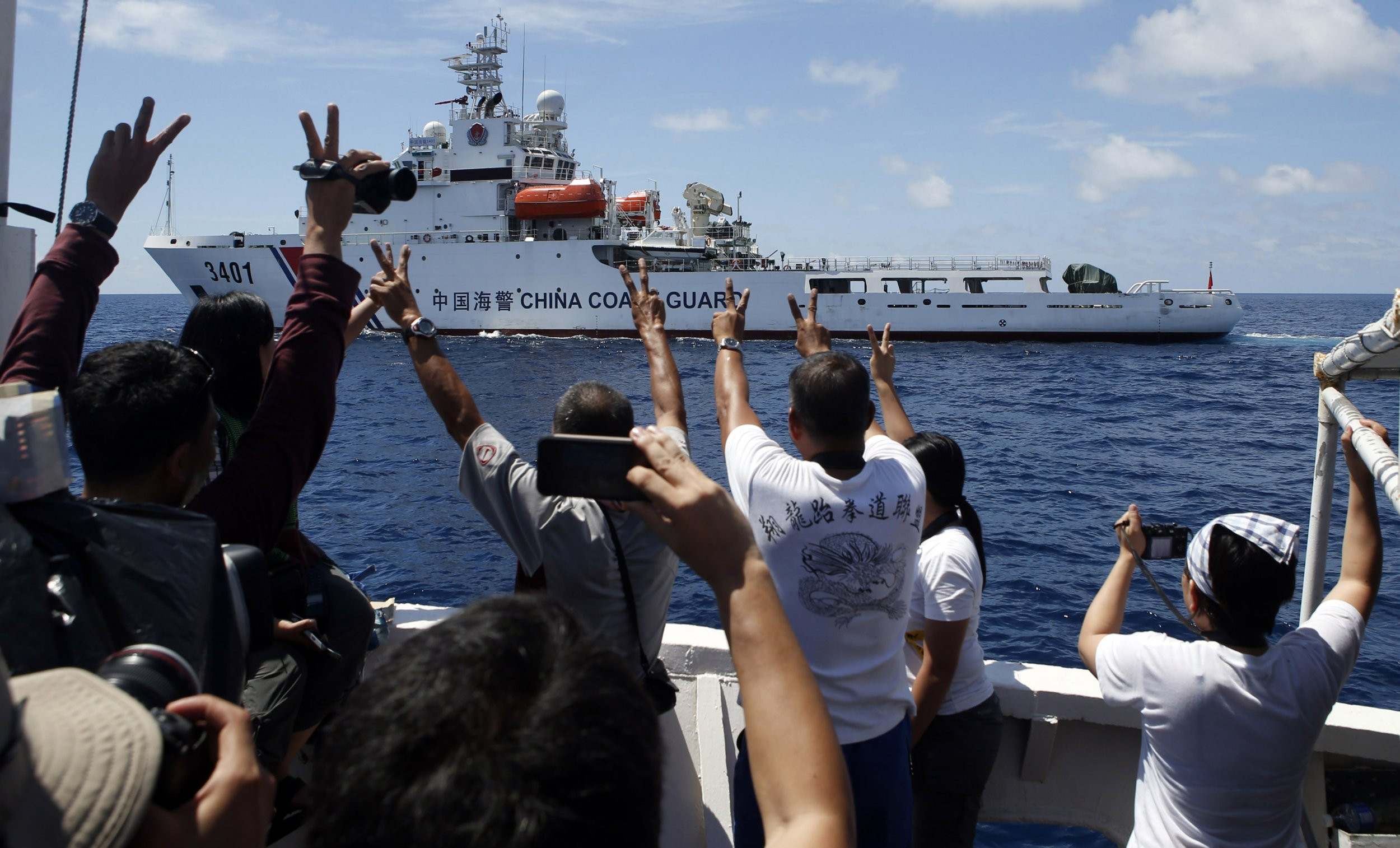A largely untapped alliance — which is indeed a mockery as it should have been the strongest source of support — in the heightening maritime conflict should have been the Association of Southeast Asian Nations (ASEAN).
The recent drill between the Philippines and Vietnam coast guards showed that ASEAN has a lot of potential to be a counterbalance in the region.
The cooperation doesn’t even have to be of a military nature to be a potent force in the region.
The Philippine Coast Guard stressed that the drills were a purely humanitarian exercise, to provide a template for cooperation within the bloc which remains a sleeping giant.
The economic community struggles with its cohesion due to the external pressure that employs economic muscle.
Huge projects were strategically initiated by some ASEAN members for obvious purposes.
Dormant Negotiations for the Code of Conduct
A new date has been set for the conclusion of the deal — that would be 2026 — but the new target as in the past remains uncertain.
As a result of disagreements sparked by the impossible demands brought forth by the main party in the negotiations, the CoC may end up as a non-binding agreement.
At the moment, being adhered to is the Declaration on the Conduct of Parties in the South China Sea signed in 2002 but which did not bind the signatories as it was meant to pave the way for the CoC.
ASEAN's Struggle for Unity
The intensifying sea conflict in the region may, however, force ASEAN to coagulate.
Support for the Philippines has been obtained, ironically, from nations outside the region whose interest is to maintain the freedom of navigation in the disputed waters.
Such free passage may be compromised if the crucial waterway falls into the hands of a dominant country.
The CoC will also have to incorporate the Permanent Court of Arbitration’s 2016 ruling that specified the Philippines’ exclusive economic zone while invalidating China’s historic nine-dash line claim.
The bloc has remained ineffective in coming to the aid of its members.
ASEAN Secretary General Kao Kim Hourn said in an event in Washington, “We cannot deny the fact that the situation continues to escalate,” but he added that each “ASEAN member state exercise their own foreign policy.”
Thus, “it’s actually up to each member state” to decide on its actions regarding the maritime dispute.
Even the 2026 goal for the signing of the CoC is not guaranteed as regional experts said the target year had been moved several times since 2017.
The experts said the lack of a commitment to stick together is seen in the position of ASEAN members who don’t have a territorial dispute and “are not really invested in solving or even managing the issue and won’t risk the Asian economic giant’s displeasure on behalf of their fellow members.”
Lack of Unity in the Face of Chinese Pressure
Greg Poling, director of the Asia Maritime Transparency Initiative at the Center for Strategic and International Studies, said such a stance leaves claimant members often standing alone to hold the line in negotiations.
Lack of unity “has been chronic to ASEAN’s engagements with China on the issue, including the decades-long Code of Conduct on the South China Sea negotiations,” another regional analyst said.
A weak stand in the ASEAN has prompted certain claimant states to exert control over disputed maritime features, despite violating established international law, hoping such developments will influence the outcome of the code of conduct negotiations.
Such weakness permeates to the Myanmar internal conflict where the bloc had failed to come up with a unified position.
A Sleeping Giant Awaits Its Awakening
The potentially powerful ASEAN must realize its potential by adhering to each other and making its position heard worldwide through a united voice.


















